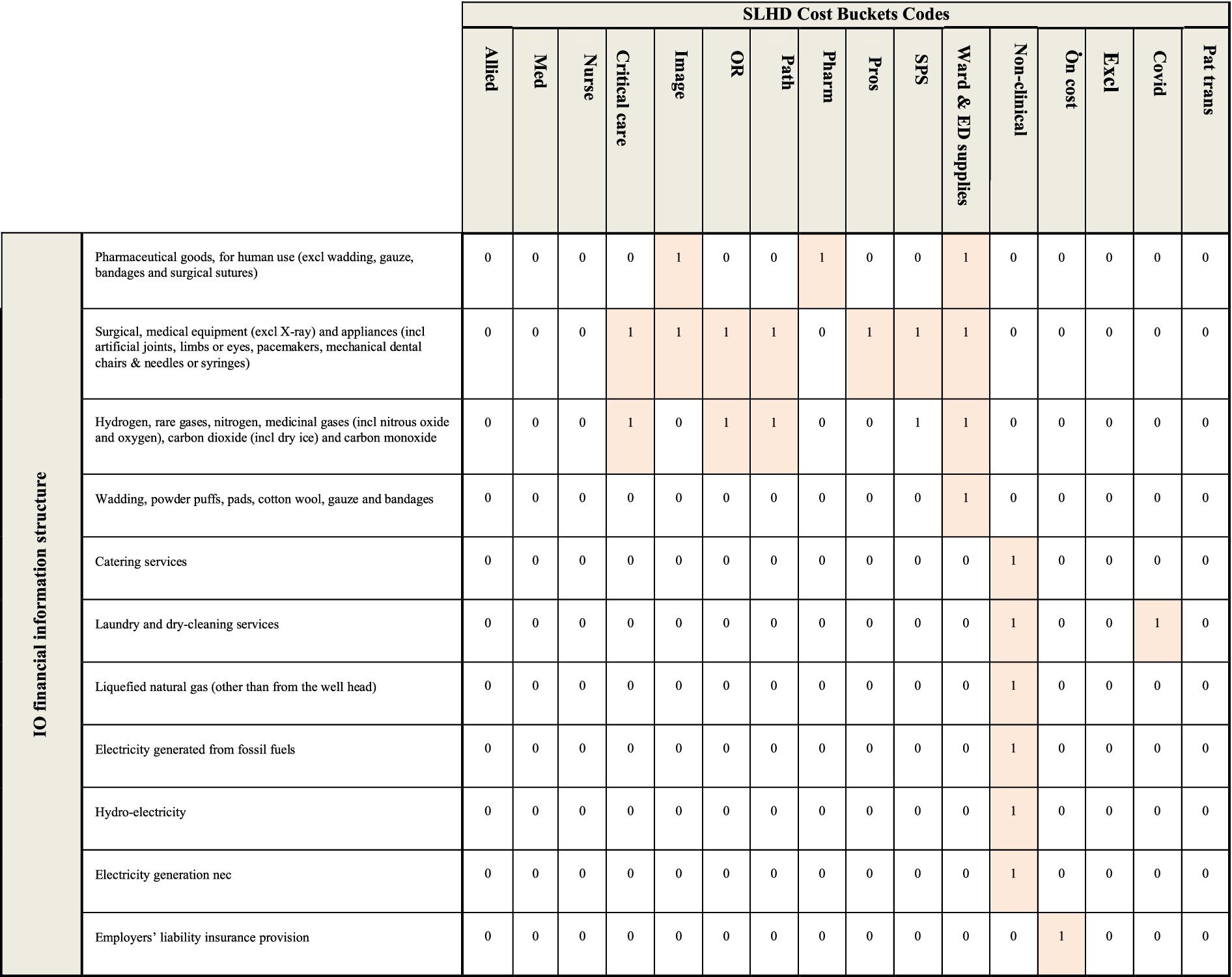Scientists have identified how and why some Covid-19 patients can develop life-threatening clots, which could lead to targeted therapies that prevent this from happening.
The work, led by researchers from RCSI University of Medicine and Health Sciences, is published in the Journal of Thrombosis and Haemostasis.
Previous research has established that blood clotting is a significant cause of death in patients with Covid-19. To understand why that clotting happens, the researchers analysed blood samples that were taken from patients with Covid-19 in the Beaumont Hospital Intensive Care Unit in Dublin.
They found that the balance between a molecule that causes clotting, called von Willebrand Factor (VWF), and its regulator, called ADAMTS13, is severely disrupted in patients with severe Covid-19.
When compared to control groups, the blood of Covid-19 patients had higher levels of the pro-clotting VWF molecules and lower levels of the anti-clotting ADAMTS13. Furthermore, the researchers identified other changes in proteins that caused the reduction of ADAMTS13.
“Our research helps provide insights into the mechanisms that cause severe blood clots in patients with Covid-19, which is critical to developing more effective treatments,” said Dr Jamie O’Sullivan, the study’s corresponding author and research lecturer within the Irish Centre for Vascular Biology at RCSI.
“While more research is needed to determine whether targets aimed at correcting the levels of ADAMTS13 and VWF may be a successful therapeutic intervention, it is important that we continue to develop therapies for patients with Covid-19. Covid-19 vaccines will continue to be unavailable to many people throughout the world, and it is important that we provide effective treatments to them and to those with breakthrough infections.”
This work was funded by Irish COVID-19 Vasculopathy Study (ICVS) through the Health Research Board COVID-19 Rapid Response award as well as a philanthropic grant from the 3M Foundation to RCSI University of Medicine and Health Sciences in support of COVID-19 research.


